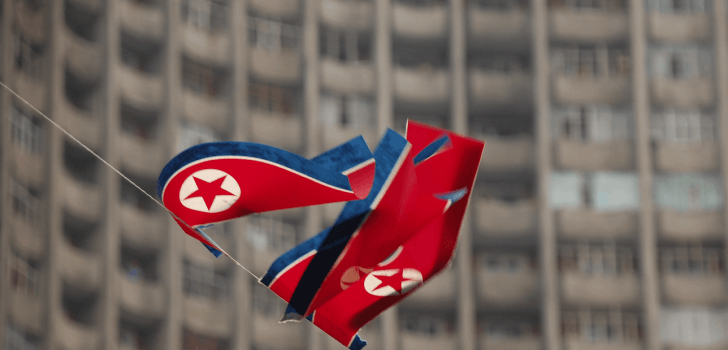North Korea has established 20 “economic zones” in which capitalistic principles will be put into place. The country is receiving assistance from Singapore, which is well-known for its free market economy.
A similar action was taken by China in the 1980s, and this led to strong economic successes for the country further down the road. South Korea has also made gains thanks to its economic zones. Now, North Korea is hopeful that it can achieve similar success.
Representatives of the Chosun Exchange of Singapore has been teaching North Korean officials skills such as marketing, company planning and IT. Additionally, the government of North Korea has sent some of their highly-regarded officials to Singapore to complete a three-month “mini MBA” program.
Following their completion of the program, the officials returned to the highly-secretive country with business ideas that included a special ring to cleanse the blood of cholesterol and a medical tourism clinic. It is unknown when, or if, these ideas will move beyond the speculation stage.
However, don’t expect the North Korean business culture to change overnight. A large amount of investment would be needed, and very few foreign investors are likely to be attracted to the prospect of putting money into North Korea. This is still a country where private property is technically illegal, and the government can seize anything in a moment.
Even still, North Korea has a very long way to go before it can be considered a major economic player. Although North Korea might be taking lessons and examples from the Asian Tiger Economies of Singapore, South Korea and Hong Kong, it is still just the world’s 115th largest economy. It will be many, many years before North Korea can ever be economically relevant.
Nevertheless, the country has to start somewhere and aspiring entrepreneurs have emerged in North Korea in the past. Some North Koreans with a keen sense for business have sold homemade ice cream and trafficked Korean brides through the border of China. There are certainly people within the country who have the much-needed business spirit.
The North Korean government reportedly wants to make better use of the talent that is being spent on its flourishing black market, while still maintaining total political control. With these new economic zones, the country is hopeful that its newly liberalized economy will become more efficient.
At the very least, it offers a glimmer of hope to a country that regularly endures food shortages and electricity outages.
Stay Connected